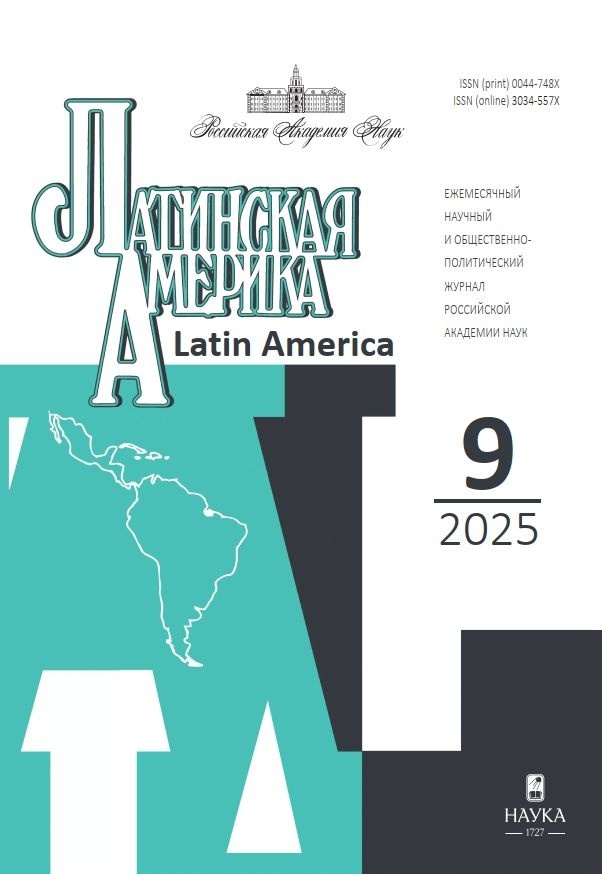Digital transformation and the evolution of gender inequality in the labor market. A comparative analysis of Spain and Latin American countries
- 作者: Dolzhenko I.B.1
-
隶属关系:
- DELTA CONSULTING LLC.
- 期: 编号 9 (2025)
- 页面: 78-94
- 栏目: The society of 21st century
- URL: https://genescells.com/0044-748X/article/view/692068
- ID: 692068
如何引用文章
详细
The article examines the problem of reducing gender inequality in Spain and Latin America in the context of digital transformation. Based on the author's Digital Gender Participation Index (DGPI), the article reveals that digital transformation simultaneously opens and blocks women's professional trajectories. A comparative analysis of Spain and five Latin American countries (Argentina, Chile, Colombia, Mexico, Peru) reveals institutional differences: despite the high level of infrastructure provision in Spain, vertical segregation persists, while in Latin America the infrastructure-cost barrier dominates. The platform economy creates a “digital marginalized mobility”, where women are mainly involved in low-paid deliveries. The proposed concept of the triple-loop gap (access-skills-participation) allows us to clarify the parameters of SDG-5 and the EU policy “Digital Decade 2030” and serves as a basis for developing national plans for the digital inclusion of women.
作者简介
Igor Dolzhenko
DELTA CONSULTING LLC.
编辑信件的主要联系方式.
Email: primestyle@mail.ru
ORCID iD: 0000-0002-6004-326X
General Director
俄罗斯联邦, Moscow, Ryazansky prospect, 10, building 18参考
补充文件








